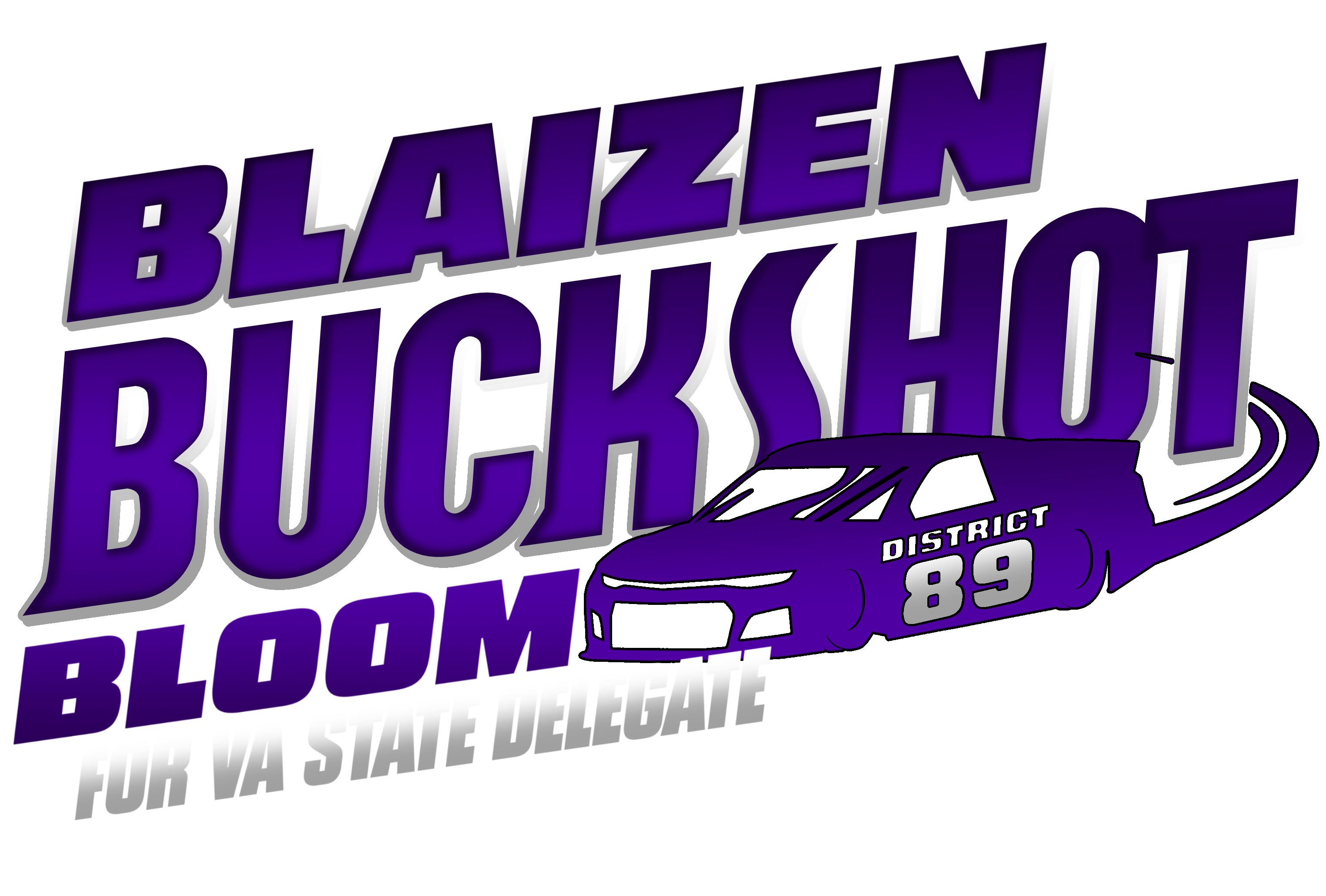My name is Blaizen Buckshot Bloom, named after the NASCAR drivers Blaise Alexander and Buckshot Jones. If elected, I’ll be the youngest Democrat ever elected to the General Assembly at 22. My name might be unconventional, my youth might surprise some, and my background might not fit the mold of a typical politician—but that’s exactly why I’m running. I believe our General Assembly needs leaders with recent memories of what it’s like to struggle, to fight for change, and to believe in the power of community. That’s why I’m asking to be our next representative for HD89.
There’s an anecdote about Barack Obama that sticks with me. When asked why he ran for president after just one term in the Senate, he reportedly replied that he didn’t want to lose his recent memory of being a “normal guy.” He believed the further he got from his own experiences as an everyday American, the longer he was famous, the less effective he would be as an advocate for everyday Americans. That’s similar to why I’m running now—because I carry fresh memories of growing up poor in Chesapeake, of navigating our underfunded schools, our inadequate healthcare system, and the struggles of working families. I believe this perspective, grounded in vivid, recent memory of hardship, is needed in Richmond.
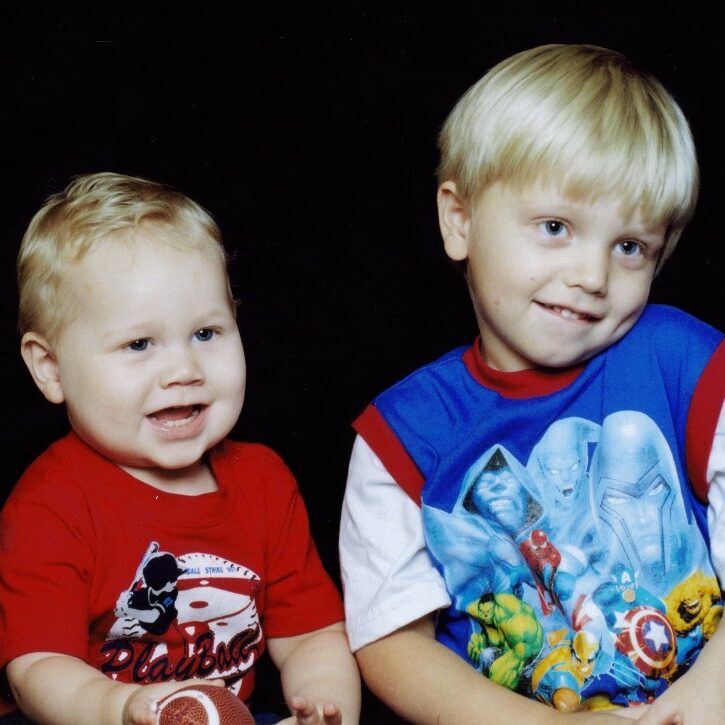
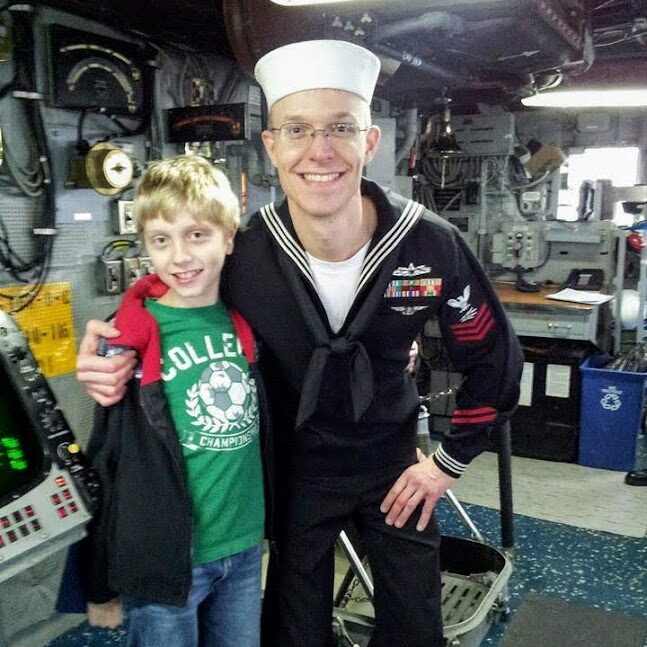
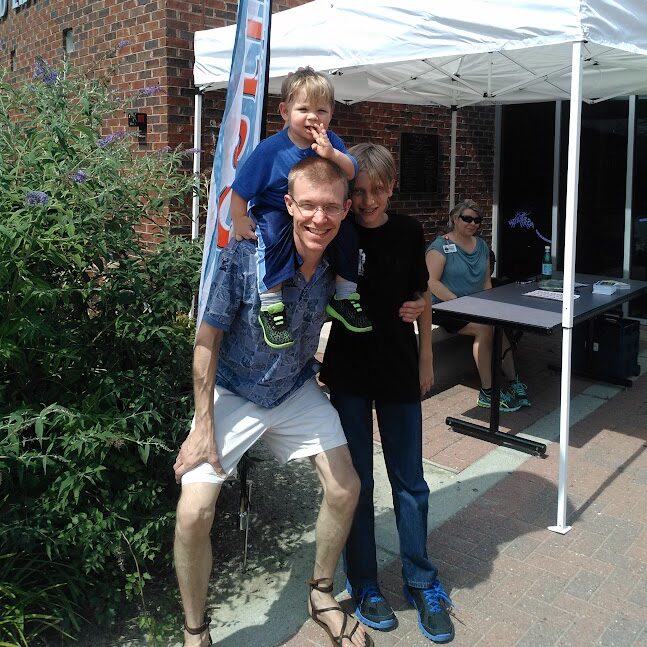
I grew up in Chesapeake and Suffolk in a split family that lived paycheck to paycheck. My father, a hard-working and patriotic Navy seaman, suffered a head injury in a car crash when I was in first grade. His injury made it hard to work, impossible to re-enlist, and led to emotional struggles that created distance between us. It took over a decade for him to get the proper diagnosis and treatment he needed—a delay that changed the course of our lives. My mother survived a succession of abusive relationships, some physical, all emotional, and internalized these struggles in a way that made it hard for her to see her own worth. Five years ago, my brother and I accompanied her to get a protective order against my then-stepfather on MLK Jr. Day—a poetic reminder that we are only as strong as our least empowered neighbor.
I didn’t discover I had Crohn’s disease and asthma until my late teens because I ignored symptoms out of fear of the medical bills we couldn’t afford. There was no community to support us. But I was lucky in some ways—our financial crises always seemed to hit when we had a little savings to fall back on. Still, like many Americans, we lived one unplanned expense away from catastrophe. These experiences taught me the importance of access to healthcare, mental health support, and the need to build a community that lifts each other up.
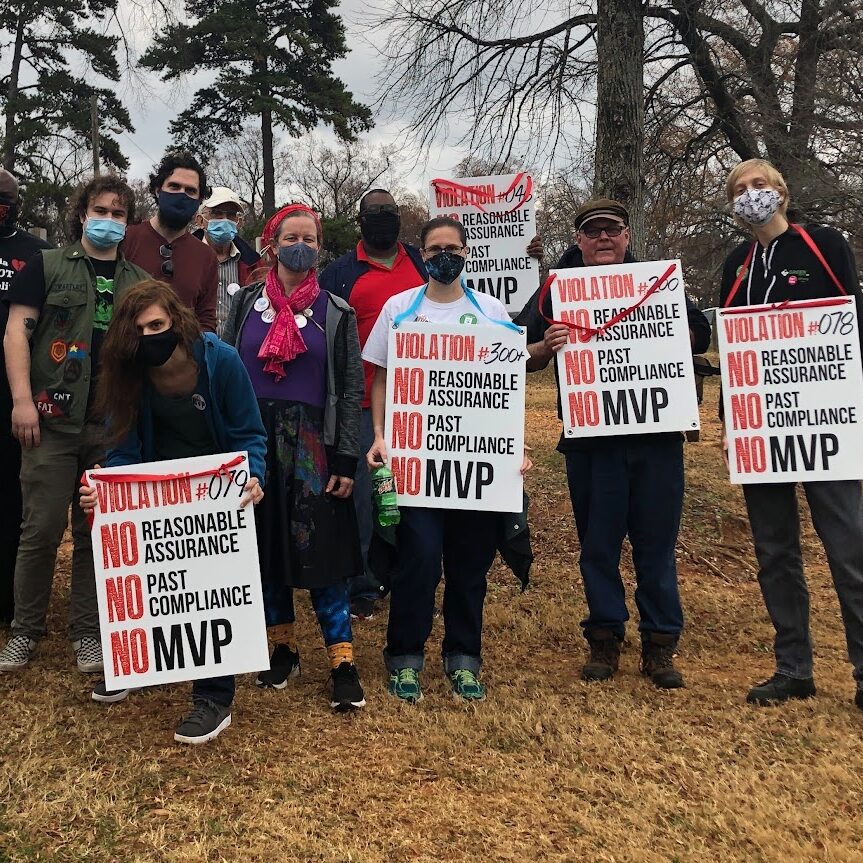
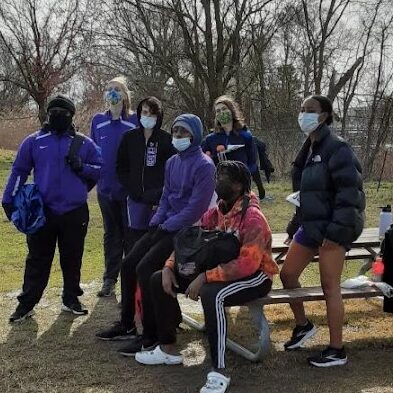
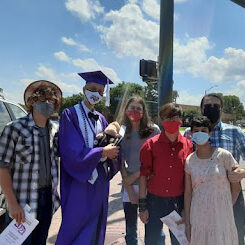
Instead of internalizing powerlessness, I was inspired to help others. In high school, I spent countless hours giving informal therapy to suicidal peers who were afraid to seek formal help. It didn’t have to be that way. I found my voice in activism, starting with environmental justice. As a teenager, I organized against the Atlantic Coast Pipeline extension, which ran right through our low-income and minority neighborhoods. A pipeline so massive in scale that one spark and every person within 900 feet would’ve been instantly incinerated—including Thurgood Marshall Elementary School. It took six years, but we won—proving that when we stand together, we can overcome even the most powerful interests.
During Covid lockdown, I advocated for the safe reopening of schools and pushed back against those who used our mental health crisis as a shallow talking point while ignoring the real mental health problems in our schools, most of which pre-date Covid and aren’t improved by bullying queer students or banning books. I organized to achieve successes no one thought possible, and encouraged by those I respected, I ran for school board. I didn’t get elected, but our priorities—mental health resources for students, conflict resolution in discipline, and greater involvement of students, parents, and staff in decision-making—resonated across ideological lines. Many Republicans crossed party lines to support our vision, proving that accurately describing a problem and pushing for common-sense solutions can unite people, even in divided times.
After the school board race, I was again recruited to run—this time for Soil & Water Conservation Director. With less money and time in a lower-profile, lower-turnout race, we achieved massive gains. Our vision centered on refocusing investment and opportunity to the North while bolstering agriculture and reforestation in the South—addressing food deserts in underserved communities and combating the environmental legacy of slavery. This bold vision transcended partisan divides, winning over disenfranchised and staunchly Republican voters alike.
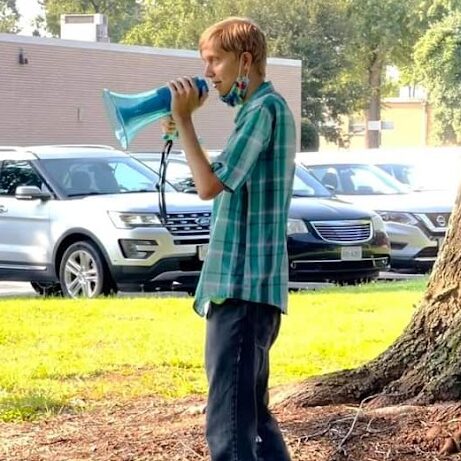
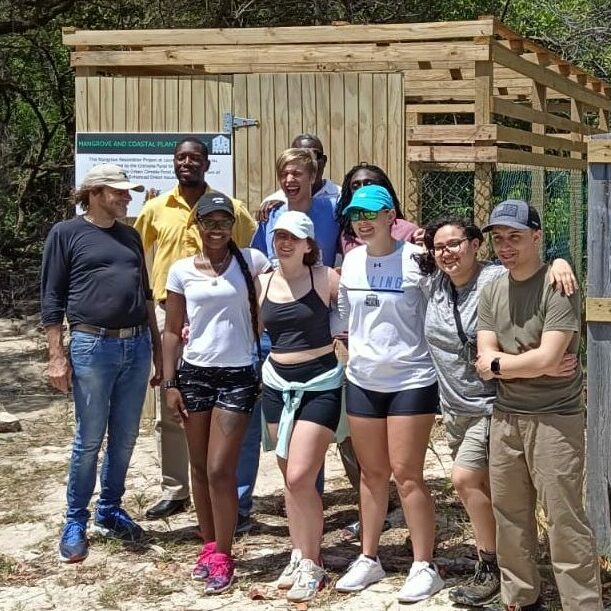
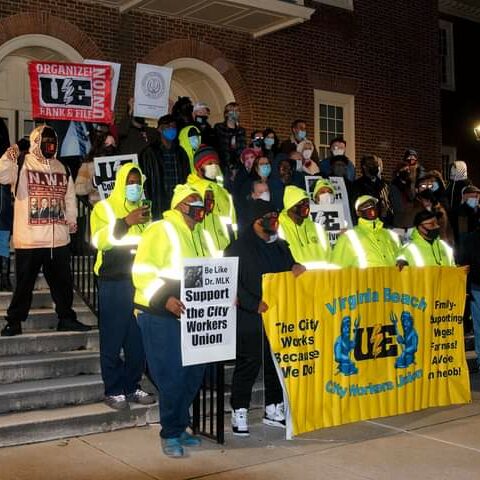
These experiences—fighting for environmental justice, advocating for students, and building bipartisan coalitions—have shaped my belief in the power of community. They’re why I’m running to be our next delegate. I know our communities. I’ve advocated alongside our farmers in the countryside, just as I have for our working families in urban hubs and suburbs. I grew up locally in a family struggling to make ends meet. I’m not running from wealth or privilege, but to ensure that we have an effective Assembly in Richmond that reflects the diversity of both age and experience.
This election is about more than protecting Virginians from dangerous federal policy, as essential as that is. It’s about setting an example for how government should work. Don’t we want a world where anyone can get healthcare when they’re sick, including our veterans? A world where technological advances lead to higher incomes with fewer hours? Where our schools and teachers are fully funded to give every child a world-class education? Where our rights and bodily autonomy are protected, and we all can live our lives to the fullest? We can do all this—with the power of community.
My name is Blaizen Buckshot Bloom, and I’m asking for your vote. Let’s work together to make HD89 a place we’re all proud to call home. Join me in this fight—because when we lift each other up, there’s no limit to what we can achieve.
